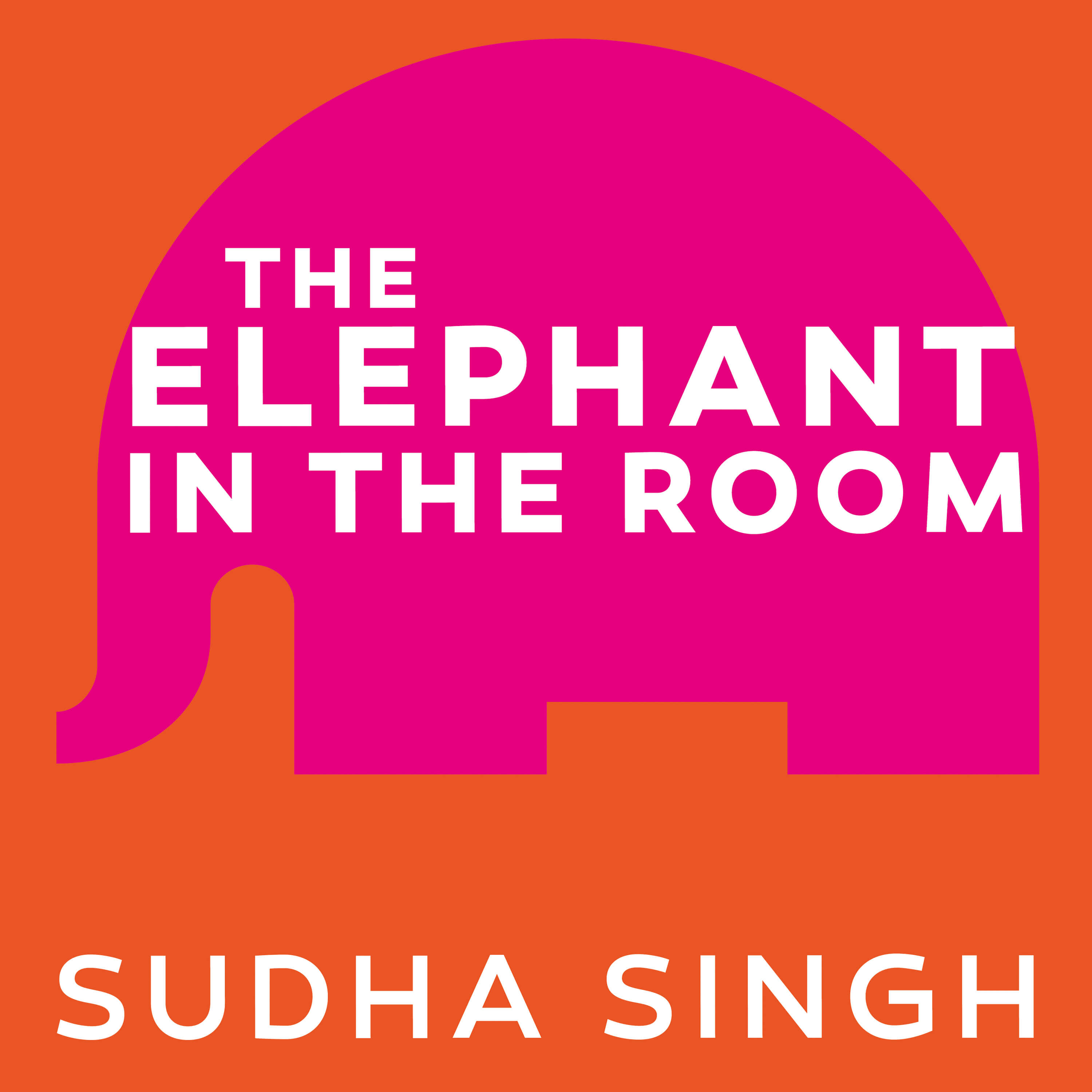118: SDG 2 and the role of the private sector in sustainable development: Chris Argent, Head of Sustainability & Corporate Affairs, AMEA, Syngenta
Description
Shownotes:
Most people would agree that sustainability is a much-abused word. It has become a catch call phrase for individuals and businesses keen on asserting their ‘good for society/good for planet credentials’. As we hurtle towards 2030, the reality is that the private sector has a pivotal role to play in helping to meet the SDGs. Cynicism aside, behind the rhetoric and noise, there is serious effort by some businesses to integrate it into their business strategy.
A couple of weeks back, I spoke with Chris Argent, Head of Sustainability for AMEA at Syngenta (A leader in agricultural innovation) to understand the role of the private sector in global food security (SDG 2), on innovations that can catalyse change and help improve the lives and livelihoods of farmers (especially marginal farmers).
According to the World Economic Forum, ‘the global food security challenge is straightforward: by 2050 the world must feed two billion people more and the demand for food will be 56% greater than 2010.’ The sector also accounts for a whopping 30% of greenhouse gas emissions and 70% of freshwater withdrawals, so there is also the need for adoption of innovative practices to be more sustainable.
What is the private sector doing to address SDG 2? How are businesses transforming and innovating for sustainable development? Chris covered some of the issues during our conversation👇🏾👇🏾👇🏾
👉🏾 The link between purpose, profit and sustainability
👉🏾 How organisations can be authentic when speaking about purpose or sustainability
👉🏾 What it means to be a leader in agricultural innovation for Syngenta?
👉🏾 The impact of climate change on small and marginal farmers who make up majority of the world’s farmers and produce over 70-80% of the world’s food (UN FAO 2021)
👉🏾 The ‘Good Growth Plan’ (Indian context) a time bound target to reduce its carbon intensity by 50% by 2030 from a 2016 baseline
👉🏾 The Portfolio Sustainability Framework aimed at increasing transparency to external stakeholders
👉🏾 Changing food preferences and growing trend for sustainably grown food
We also spoke about sustainability narratives, reporting, communications and much more.
Global non-profit EAT, “Food is the single strongest lever to optimize human health and environmental sustainability on Earth”
To hear more, head to the podcast (Link in comments) 👇🏾👇🏾👇🏾
Episode Transcript:
Sudha: Good morning, Chris. It's wonderful to have you as a guest on The Elephant in the Room Podcast today. Thank you for being here.
Chris: Thanks very much Sudha for inviting me to join. Looking forward to the discussion.
Sudha: Brilliant. Let's start with a quick introduction. So, you've moved from politics to external affairs and then sustainability. How has the journey been?
Chris: That's a great question. Things have certainly evolved in terms of sustainability over that period. As you mentioned, I started my career in Australian politics working in various roles for about seven years before moving to the private sector. And certainly, in that early days of sustainability, it certainly wasn't high on corporate's agenda. But over that time it has very much come to the fore, which I think is great for the community, for business and also for the...
More Episodes
Show notes:
The ESG backlash is real, and it is polarising. The rhetoric around it exacerbated because of roll backs by corporates and governments on climate/energy commitments. According to a leading ESG publication, Trump’s victory in the world’s second largest democracy, is likely to result in...
Published 11/12/24
Published 11/12/24
Shownotes:
Not many people in the western world have heard of Hansen’s disease or Leprosy – for most who are familiar with it arouses fear and aversion. It is a tropical disease that occurs in more than 120 countries, has been referenced in the bible and Victoria Hislop wrote The Island inspired...
Published 10/04/24


